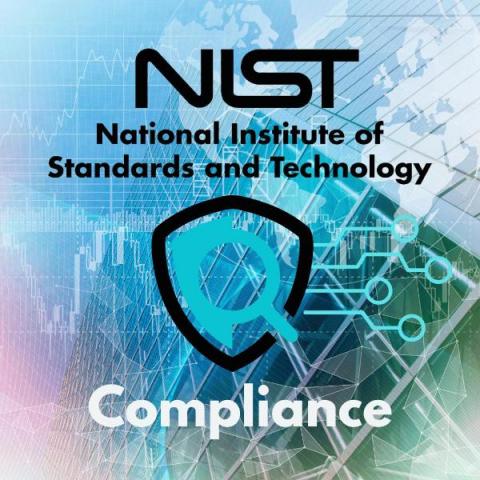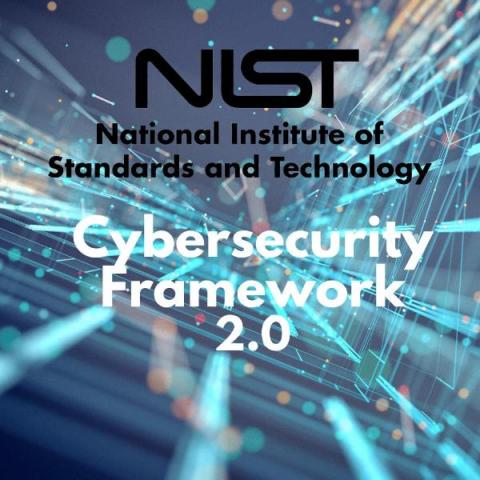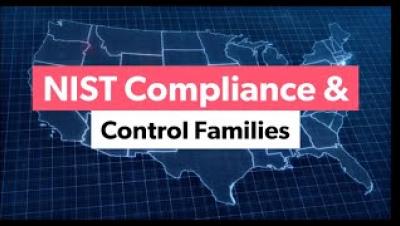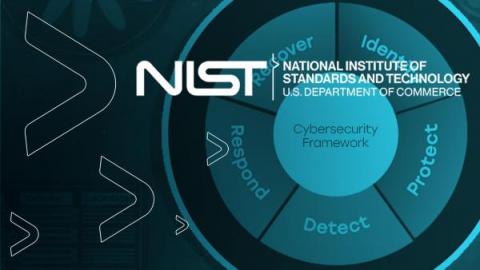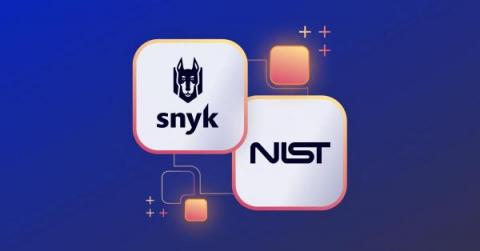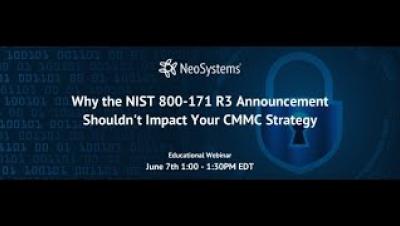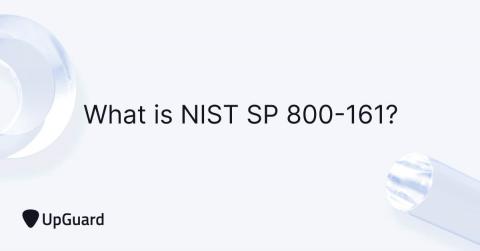Security | Threat Detection | Cyberattacks | DevSecOps | Compliance
NIST
Free NIST CSF Vendor Questionnaire Template
NIST 800-124 Cybersecurity Publication Revision: How to Implement Mobile Security
In today's increasingly mobile-driven world, securing our digital assets and protecting sensitive information is of paramount importance. To address this need, the National Institute of Standards and Technology (NIST) recently released the latest version of their publication, NIST 800-124 Rev. 2: Guidelines for Managing the Security of Mobile Devices in the Enterprise.
NIST Cybersecurity Framework 2.0 (NIST CSF 2.0)
NIST Security Control Baselines
What's New in the NIST CSF 2.0 Draft?
The National Institute of Standards and Technology’s (NIST) Cybersecurity Framework (CSF) is undergoing a major update. The NIST CSF is one of the most widely used frameworks to help organizations understand and manage their cybersecurity risks. The NIST CSF was released as version 1.0 in 2014, updated to version 1.1 in 2018, and will be updated to version 2.0 early next year. NIST recently released a draft of CSF version 2.0.
Snyk Learn now aligns with the NIST NICE Workforce Framework
We are excited to announce that Snyk Learn, our developer-first cybersecurity education platform, is now aligned with the National Institute of Standards and Technology's (NIST) National Initiative for Cybersecurity Education (NICE) Framework.
Webinar How Does NIST 800 171 R3 Impact Your CMMC Plans
NIST Cybersecurity Framework - All You Need To Know
The advent of technology and its latest innovations has come with its own challenges in the form of cyber attacks, and data theft, and protecting themselves from them is a task for most organizations and if not done properly, can leave the organizations vulnerable. This Blog Includes show What is NIST cybersecurity framework? All About NIST Why Is NIST Important? Make your Website / Web Application the safest place on the Internet.


